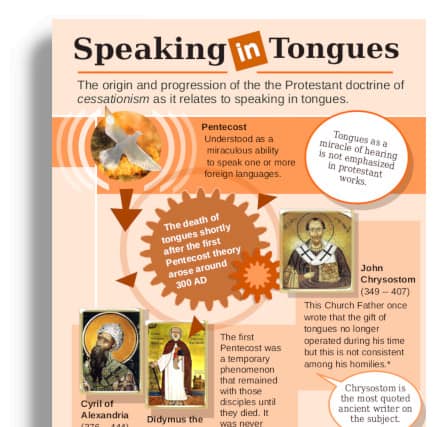The influence of Aramaic and Hebrew on Jewish life around the first-century.
The goal of any information gleaned from this inquiry is to find a possible connection with Hebrew being a part of the first-century Corinthian liturgy. A subsequent purpose is to confirm or deny an assertion by the fourth-century Bishop of Salamis, Epiphanius, that the mystery tongues of Corinth had its roots in the Hebrew language.
We cannot assume any synagogue outside of Israel, let alone Corinth, used the Hebrew language as part of their religious service. So, it requires digging deeper into the relationship between Hebrew and Aramaic to find answers.
